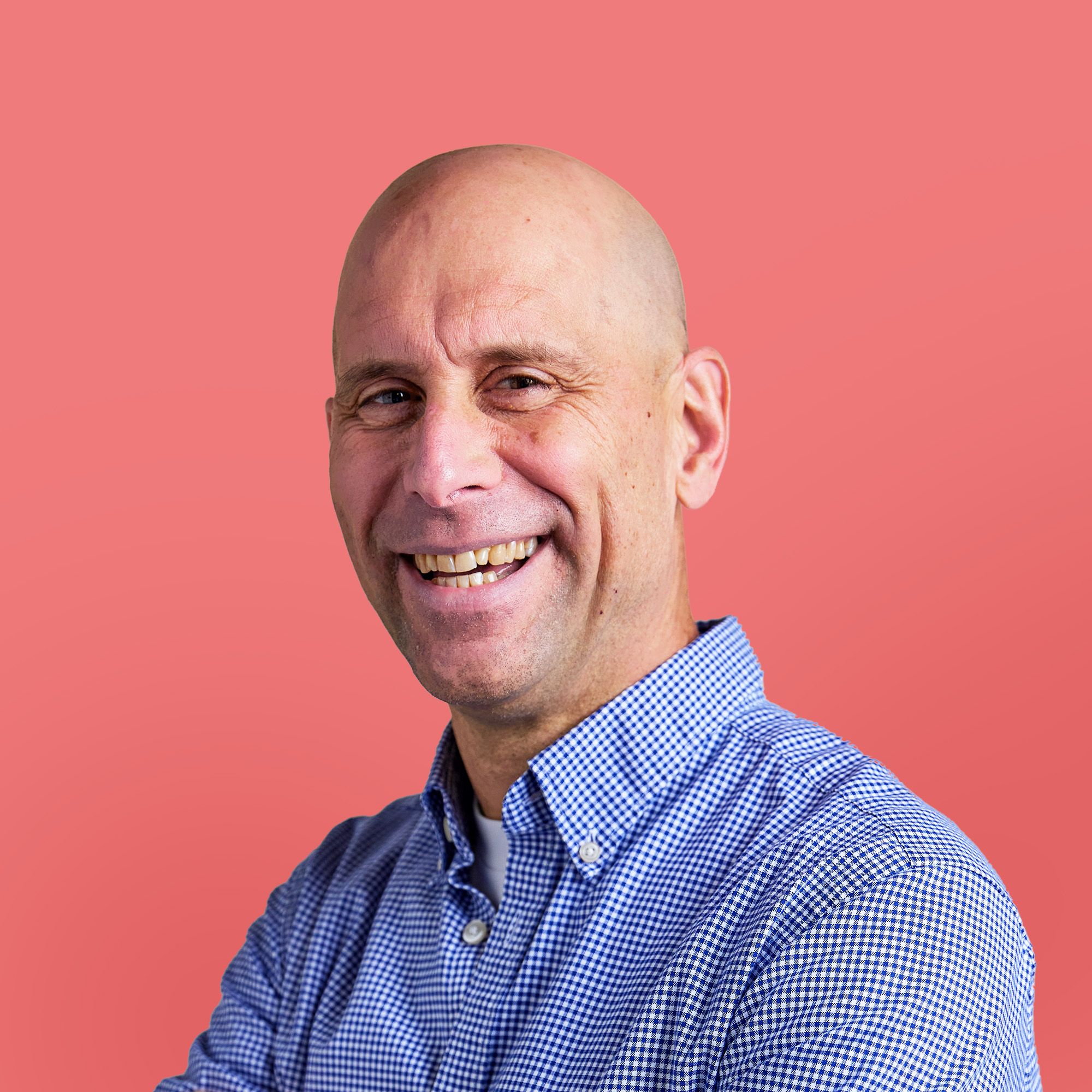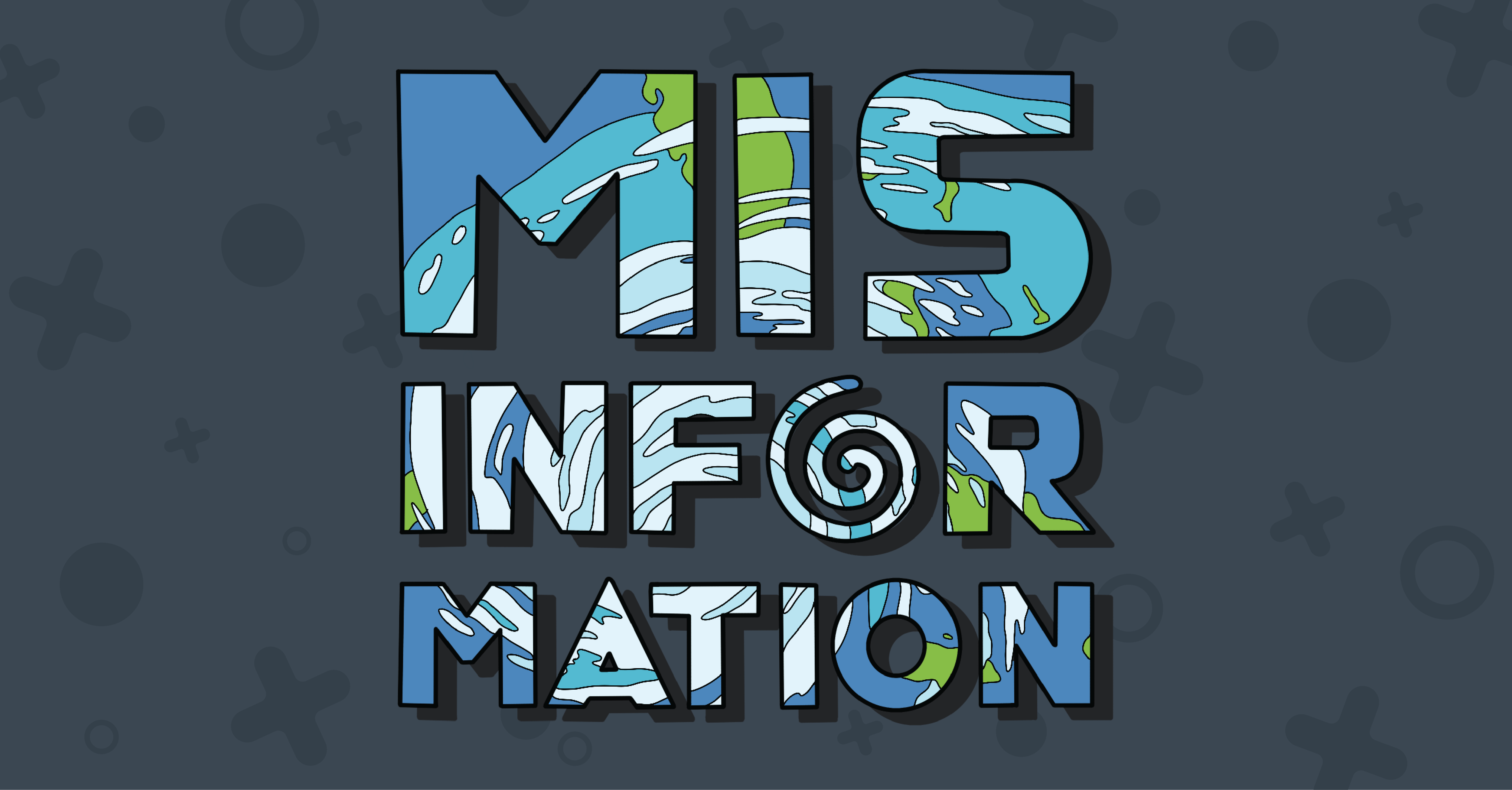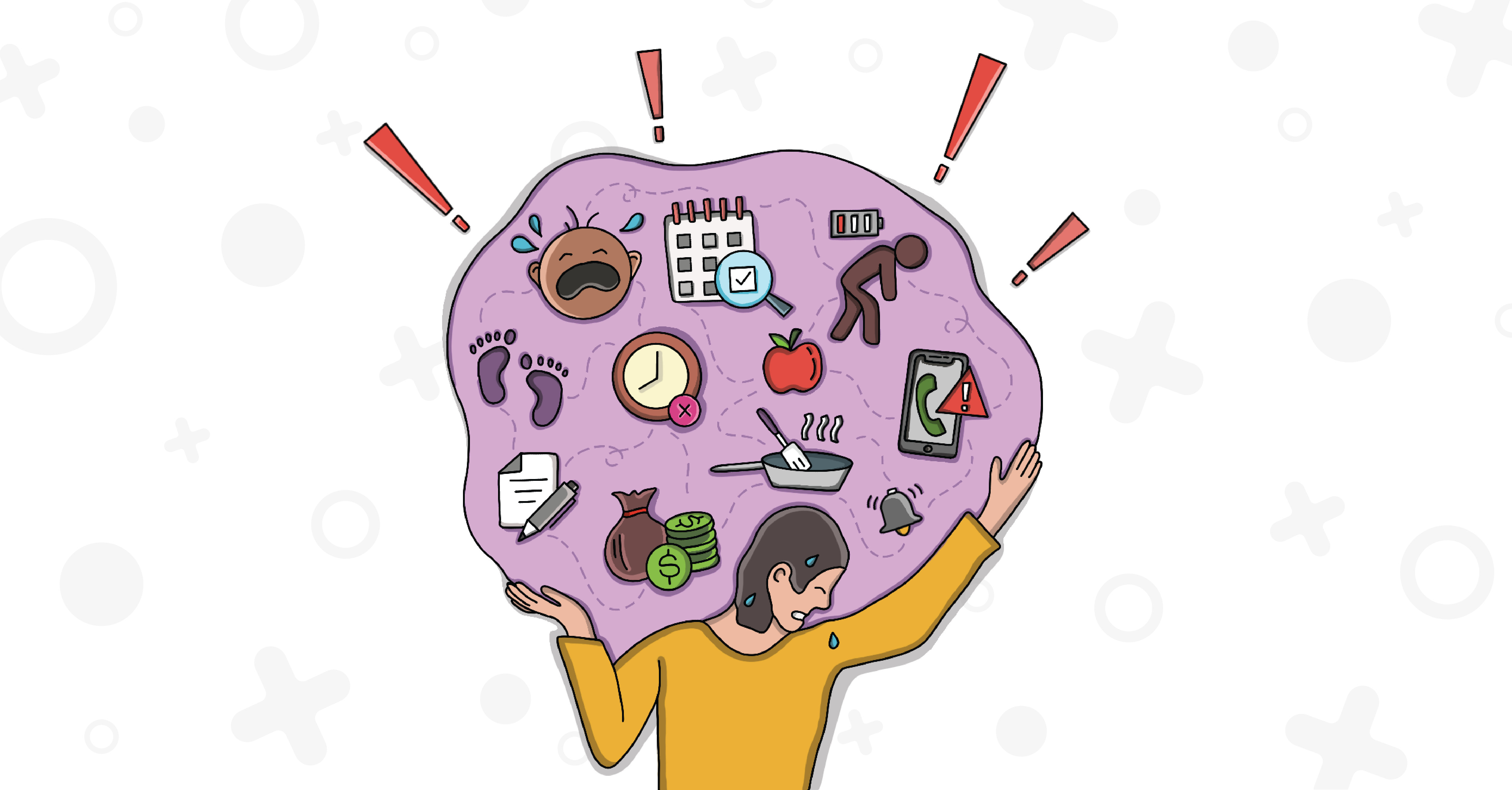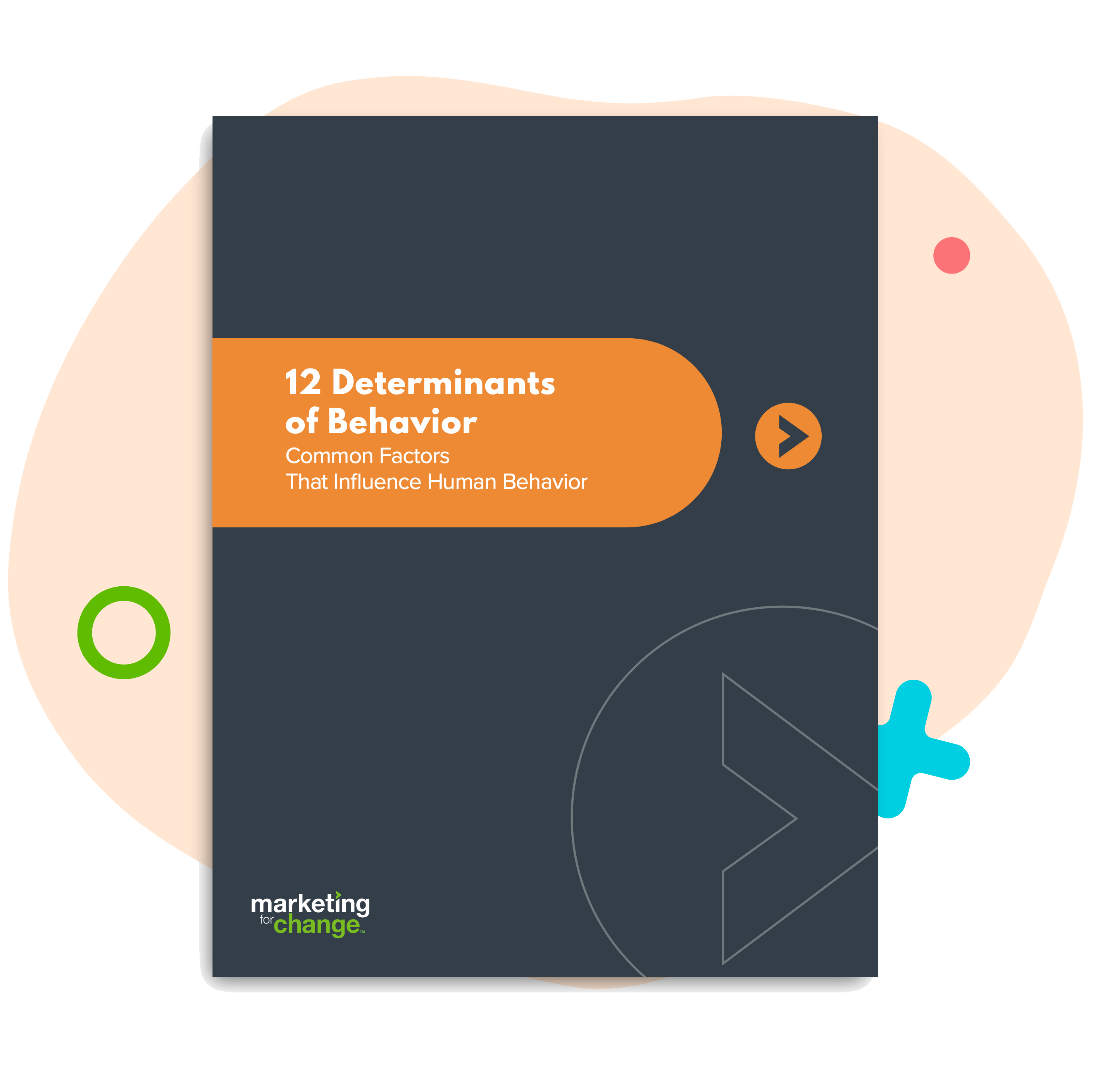
How a Single Email Cleaned Our Sink
The problem was dirty dishes. Our metro DC office had grown by a third in a short time, so our kitchen got a workout — lots of crusty plates, cups of cold coffee, piles of silverware filling the sink. We had always shared keeping the sink clear. Now, with 20 of us sharing one sink, it felt like too much.
Suddenly, we were a behavior-change agency in desperate need of behavior change. That’s what led me to send the DC office this email, with the subject line “Norms, self-standards and dirty coffee cups”:
What kind of person am I? How do I want others to see me? How does what most people do show me what’s expected of me?
The first two questions go to heart of what self-standards (how I define myself) are all about and the last one goes to norms (what I think is expected of me) — two of our most powerful behavioral determinants. Last night, as I scrubbed brown-stained coffee cups and crusty bowls, I got to thinking about those questions, and about what the increasingly more common sight of a sink full of dirty dishes says about us as a company.
I actually like doing dishes — it’s a task I can finish in one round (unlike most) and I like to use the time appearing busy as a way to be more thoughtful during the day. It gives my mind a chance to catch up with my actions. But I’ve noticed what seems like more people leaving dirty dishes behind. Fewer people seem to be getting around to cleaning them by the end of the day. This is a really generous place. People take pride in helping others out, and that says a lot about people’s self-standards here. But we’re bigger in this office now, spilling over to the annex, which is now full itself. So norms are super powerful. Dishes pile up quicker and the statement the sink says is: Most people don’t do their dishes.
So I see the piles of dishes as a fascinating behavioral battle between norms and self-standards, one norms is currently winning. An interesting insight we could apply to our work.
So I am trying this experiment: Next time you set your dishes down, ask yourself: What kind of person am I? Then act accordingly.
What happened next floored me. For that week, and then the following month, and to this day, dishes have no longer piled up in our sink. Someone — I have no idea who — even posted a sign over the sink that said “What kind of person are you? Act accordingly.” It’s still there more than a month later.
We use our fun-easy-popular approach to tackle everything from obesity to water quality, but this is the first time we have personally benefited so directly. Turns out behavioral science can do more than just save the planet. It can also clean the sink.

Peter is the founder & chief insights officer of Marketing for Change.





